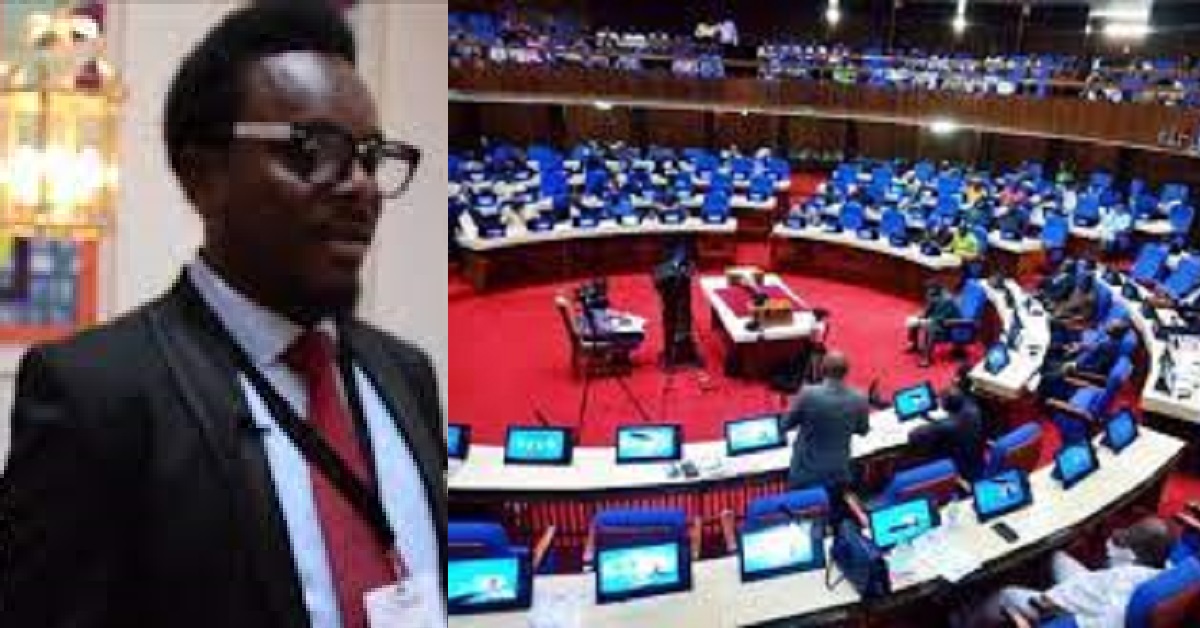The Clerk of Parliament, Umar Paran Tarawally, has provided an update on the opening of the sixth parliament of the second Republic of Sierra Leone. He clarified the distinction between the first sitting and the state opening of parliament.
The first sitting is scheduled to commence on July 13, 2023, while the date for the state opening of parliament will be announced later. Tarawally explained that the state opening is the official start of parliament, during which the president delivers the state of the nation address. This event will occur on a separate date. On the other hand, the first sitting signifies when the sixth parliament will dissolve, which will take place between July 13, 2023, and July 13, 2028, marking a complete five-year term.
During the first sitting, several activities will take place. These include the swearing-in of all elected Members of Parliament, consisting of two types: terminal MPs, who have completed the full five-year term, and contract MPs, who join after the parliament has begun. On July 13, 2023, all 149 MPs will take the oath to commence their responsibilities in the house of parliament.
Additionally, the Clerk of Parliament will officially welcome all 149 MPs, and the election of the speaker of the house of parliament will be conducted with the presence of all MPs.
Tarawally emphasized that the oath is mandatory for all MPs. Failure to attend the oath-taking process on the designated date will result in being classified as a contractual MP rather than a terminal MP, thereby losing certain benefits and opportunities provided to terminal MPs. He stressed that while an MP can take the oath at a later time, missing the initial date will disqualify them from being considered a terminal MP, serving the full five-year tenure.
He further highlighted that if members of the APC (All People’s Congress) boycott the sitting and refuse to take the oath on July 13, 2023, there will only be 95 terminal MPs. This would impact the benefits, gratitude, and pension they receive at the end of the five-year mandate. Tarawally concluded by stating that any MP who refuses to take the oath without valid reasons may face financial and legal consequences


 3 Comments
3 Comments









Comment(s)
Disclaimer: Comments expressed here do not reflect the opinions of Sierraloaded or any employee thereof.